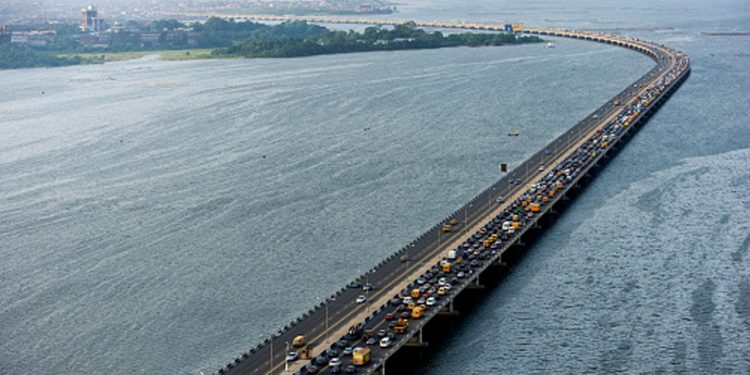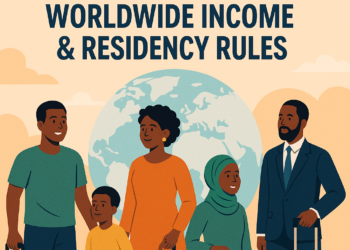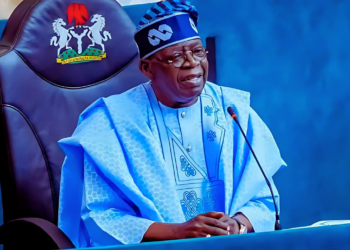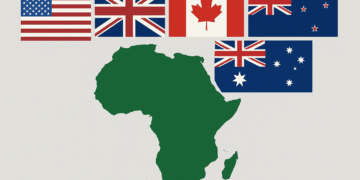The recent announcement of Minister of Works, Mr. David Umahi’s underwater investigation and emergency maintenance plan for the Third Mainland Bridge in Lagos has sparked discussions about the underlying motives behind his choice of assignment.
As the bridge maintenance is set to take place in Lagos, the home state of influential political figure and the current Nigerian president, Bola Ahmed Tinubu, questions arise regarding whether this move is a calculated strategy to appease the president.
Is this move a strategic calculation to please the former Lagos State governor and key player in the ruling party, or does it genuinely reflect where the country’s infrastructure needs are most pressing.
Critics and analysts are divided on whether Minister Umahi’s selection of his inaugural task aligns with the immediate needs of the country or if it bears a political undertone.
Some view it as a strategic effort to align with the priorities of the President and influential political leaders, potentially enhancing his standing within the party.
However, others contend that focusing on Lagos, a region that has witnessed significant infrastructural advancements in recent years, might divert attention and resources away from regions such as the Southeast, where the minister hails from, and which are in dire need of federal government intervention.
The Southeastern Dilemma: Prioritizing Needs
While Mr. Umahi’s initiation of his tenure in Lagos has attracted attention, some observers argue that the minister should also pay heed to his own region, the Southeast, which has long called for increased federal government presence and infrastructure development.
Critics question whether the decision to prioritize Lagos is in line with equitable distribution of resources and development across the nation, and whether it overlooks the pressing needs of marginalized regions.
Unpacking the Third Mainland Bridge Recent Intervention by Babatunde Fashola
The choice of the Third Mainland Bridge as the focus of the emergency maintenance plan raises additional queries.
The bridge, a significant lifeline connecting Lagos Island to the Mainland, had undergone a round of maintenance under the former Works Minister, Babatunde Fashola, not long ago.
The question that arises is whether the previous turnaround maintenance was not properly executed, prompting the need for a renewed intervention.
Critics wonder if there are technical shortcomings or if the earlier repairs were insufficient to ensure the long-term stability of the bridge.
As discussions unfold around Minister Umahi’s decision-making, stakeholders eagerly anticipate a balanced approach to infrastructure development that considers both political dynamics and the urgent needs of various regions.
Whether his focus on Lagos serves as a bridge to political favour or an earnest response to infrastructure demands remains a matter of debate, with implications that extend beyond immediate repairs to a critical conversation about equitable development in Nigeria.












